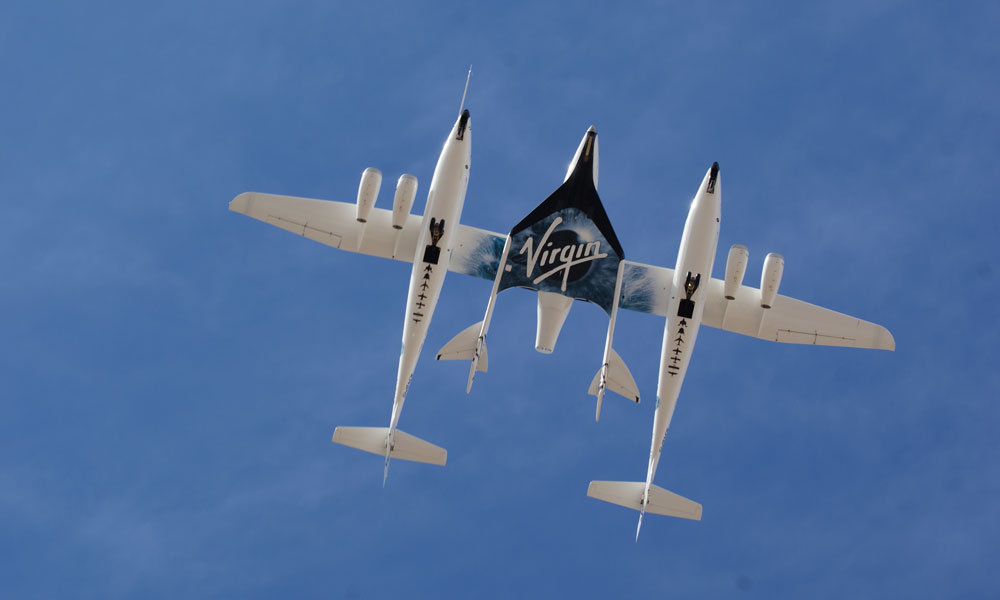
Spaceflight Groups Raise Guard on Regulations After Crashes
With two crashes—one of them fatal—filling headlines in recent weeks, the space-tourism industry is facing the threat of new regulations at a time when the current ones need to be renewed. As for now, however, the Commercial Spaceflight Federation says that it doesn't look like anyone's overreacting yet.
Those looking to take a vacation in space know that risk comes with the territory, but the recent crash of the Virgin Galactic SpaceShipTwo nonetheless has some talking about regulating the private spaceflight industry.
The October 31 crash—which killed one pilot and seriously injured the other, as well as destroyed the VSS Enterprise test vehicle—raised serious concerns for an industry that is still very much in its infancy and had previously benefited from a light regulatory touch. The situation was compounded by the dramatic explosion of an Antares rocket, an unmanned spacecraft owned by Orbital Sciences Corp., just three days earlier.
Both flights received permits from the Federal Aviation Administration’s Office of Commercial Space Transportation (AST) before takeoff, with the regulatory body giving the Virgin Galactic ship an experimental permit. But AST has been limited in how heavily it can regulate the commercial space flights because of a 2004 law that opened the private space-tourism industry for experimentation—or, as industry professionals call it, a “learning period.”
The Commercial Space Launch Amendments Act of 2004 established this learning period, which was set to expire in 2012, but Congress passed an extension that year. With the current rules set to expire in October 2015, the crashes draw additional attention to the industry at a time when big changes could be coming down the pipeline.
But that may not be a bad thing, some in the industry note. Michael Gold, chairman of the Commercial Space Transportation Advisory Committee (an FAA advisory board), told Space News that AST is working with limited resources, which is problematic.
“Resources and manpower were an issue prior to these accidents,” Gold told the publication. “Those issues will be more acute going forward.”
Eric Stallmer, president of the Commercial Spaceflight Federation, concurred, telling Space News that “AST could use more resources.” But in other comments, he warned about overreactions from Congress or federal regulators. Fortunately, he says, that hasn’t happened yet.
“I think they’re waiting for the dust to settle, for the answers to come out of the investigation and take it from there,” Stallmer told the Tallahassee Democrat. “There’s a better understanding that the two events were completely separate and these things occasionally happen. It’s how we react to it that will help us go forward.”
The Virgin Galactic SpaceShipTwo, which was destroyed in a recent crash. (Jeff Foust/Flickr)






Comments